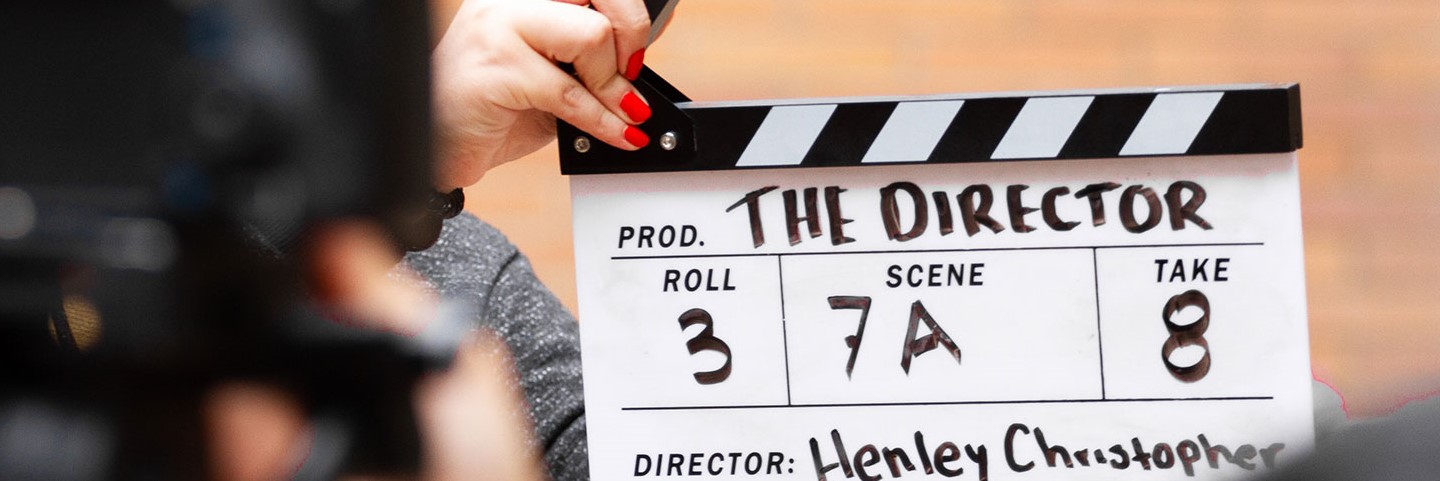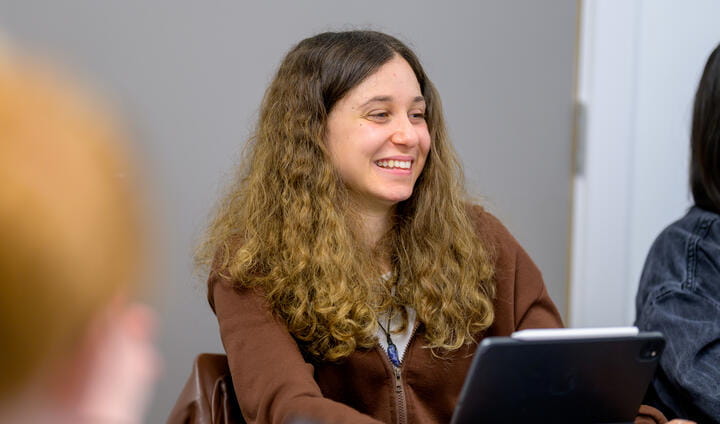If you love watching films and debating and sharing your opinions of films, then welcome to Film Studies. If you are curious about how films can have a powerful impact on audiences and would like to look more closely at this process, then Film Studies is the subject for you. You will learn not only to say what you think but to write thoughtful, measured arguments about films, weighing evidence and sharpening your writing skills. You will need a curious and enquiring mind as we look for the less obvious elements of films – the editing techniques that we are not supposed to notice, the hidden agendas and narrative tricks that filmmakers use to attract an audience and convey an idea. Film theories often incorporate elements from other subjects such as Sociology or Psychology, so you will need a broad mind and be prepared to look at a wide range of sources, threading together different ideas to produce nuanced analysis.
70% of the assessment is written, so as a Film Studies student, you need to be happy to develop your essay writing skills. However, there is also a creative component in which students can try filmmaking or screenwriting for themselves. This is where you will apply everything you have learnt about narrative structure and where you will need to demonstrate how your cinematic influences have contributed to the production of meaning and audience response in your own creative work.














